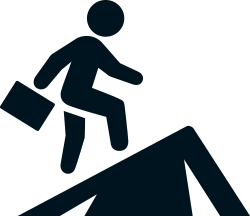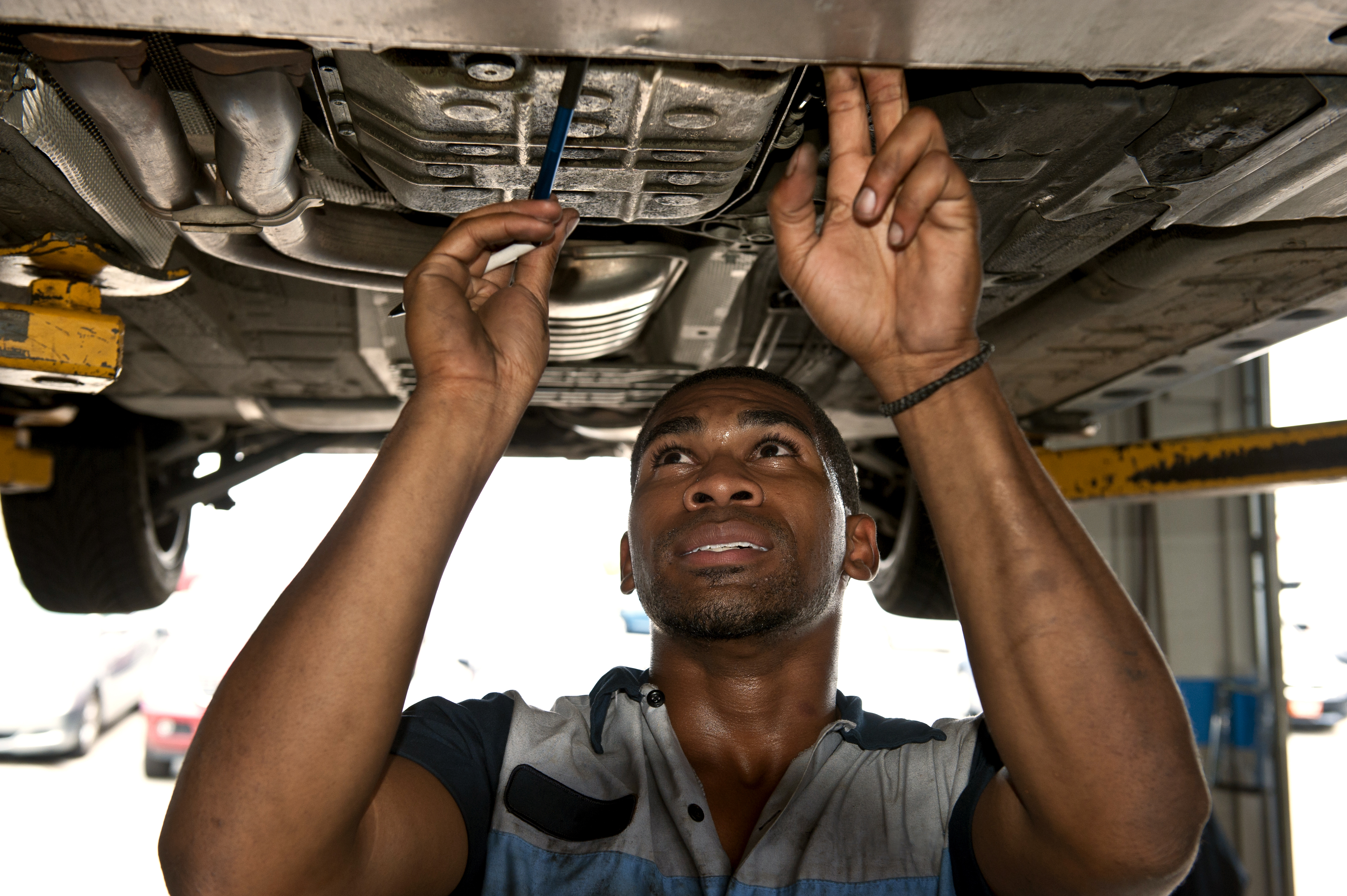For many Americans, re-entering the workforce after a period of incarceration can be challenging. This hits communities of color, who are disproportionately represented in the prison system, particularly hard.
The National Urban League, who has served formerly incarcerated adults for more than 50 years, created the Urban Reentry Jobs Program (URJP) to address this inequity.
Our Approach
URJP provides formerly incarcerated adults with the necessary skills and training to successfully re-enter the job market and find a position with a livable wage that can lead to a career with an elevated income. This National Urban League signature program affords enrolled participants the opportunity to earn industry-recognized credentials, learn employment-focused skills, and form positive relationships with their communities. We offer workforce development, targeted training, mentoring, and support services through the help of our Urban League affiliates.

2025 Empowerment Goal:
Every American has access to jobs with a living wage and good benefits
Accomplishments
The Urban Reentry Jobs Program, comprised of the Young Adult Reentry Program (YARP), Growth Opportunities 2, and Pathways Home 3, served a combined 1,342 participants in 2024. Together, these programs placed 663 Participants were placed into jobs, while 840 individuals completed employment training leading to certifications.
of participants earned a credential or certificate
of participants became employed
of participants did not return to prison
- Job Training in High-Demand Occupational Fields
- Job Placement Services
- One-on-One & Group Mentoring Services
- Supportive Services Assistance
- Customized Case Management
The National Urban League has been serving the formerly incarcerated for more than fifty years—even before federal grant money was expressly targeted for this purpose..
IN 2013, the National Urban League won a grant from the US Department of Labor to continue this important work in Chicago and New Orleans. Since then the National Urban League has won an additional grant from the US Department of Labor, as well as financial support from the National Football League.
In order to expand this vital URJP work, we continually seek the resources needed to do so.
Upon returning home from prison, most of the men and women we serve face significant challenges, such as lack of transportation, unstable housing, and child support payments.
 Urban Reentry Brochure |


